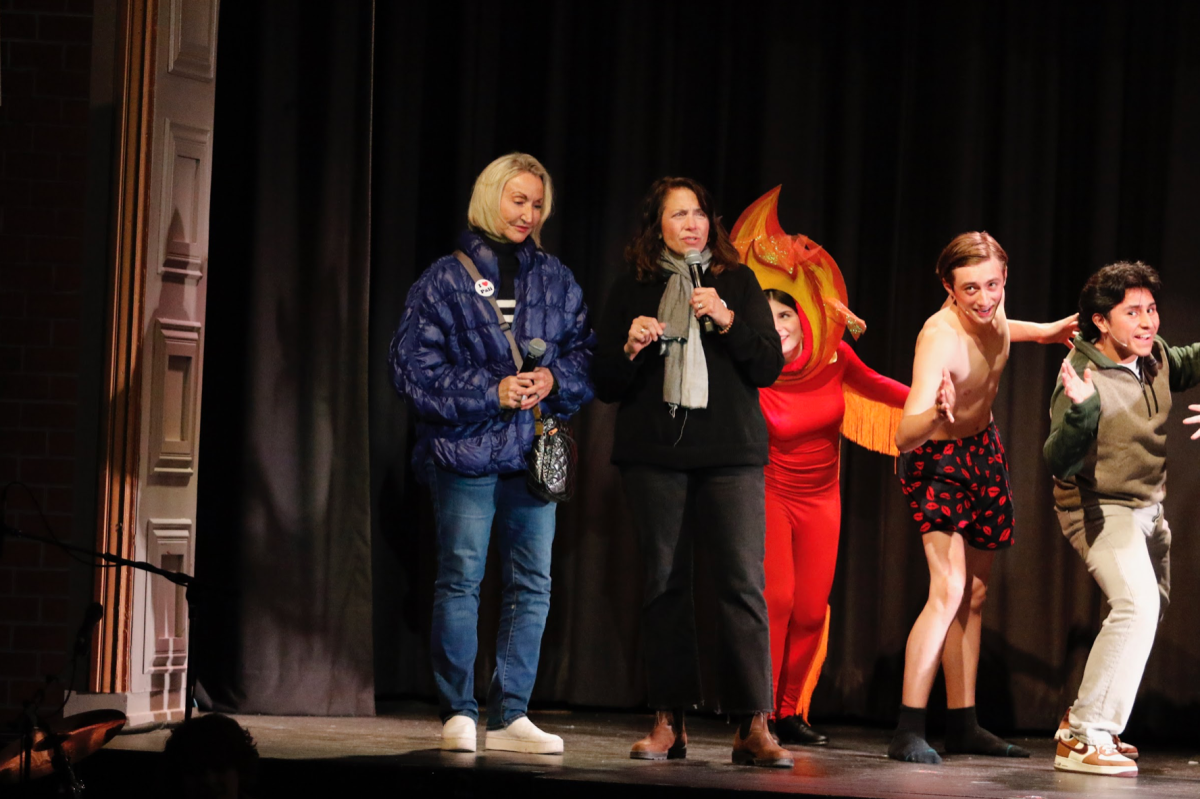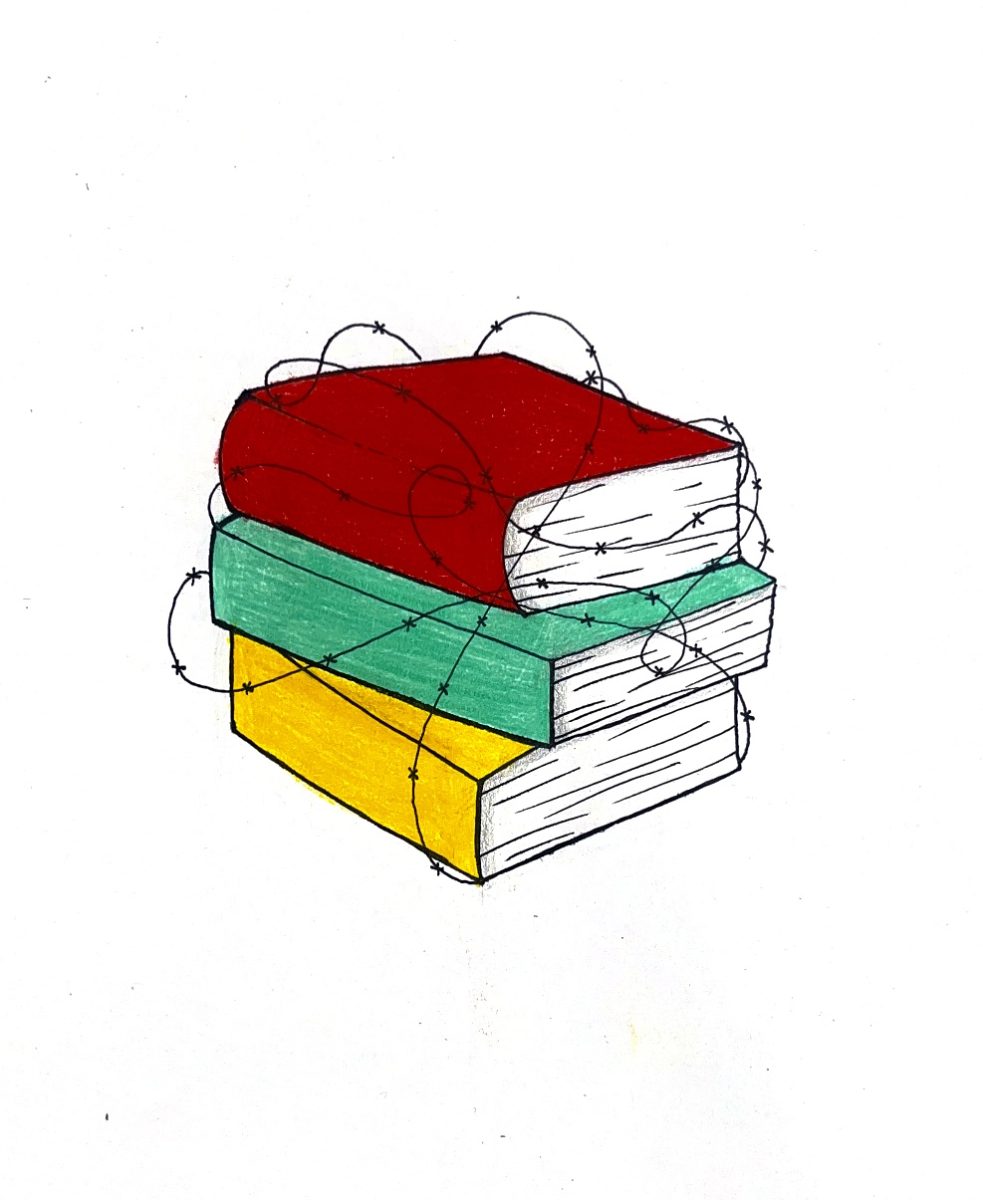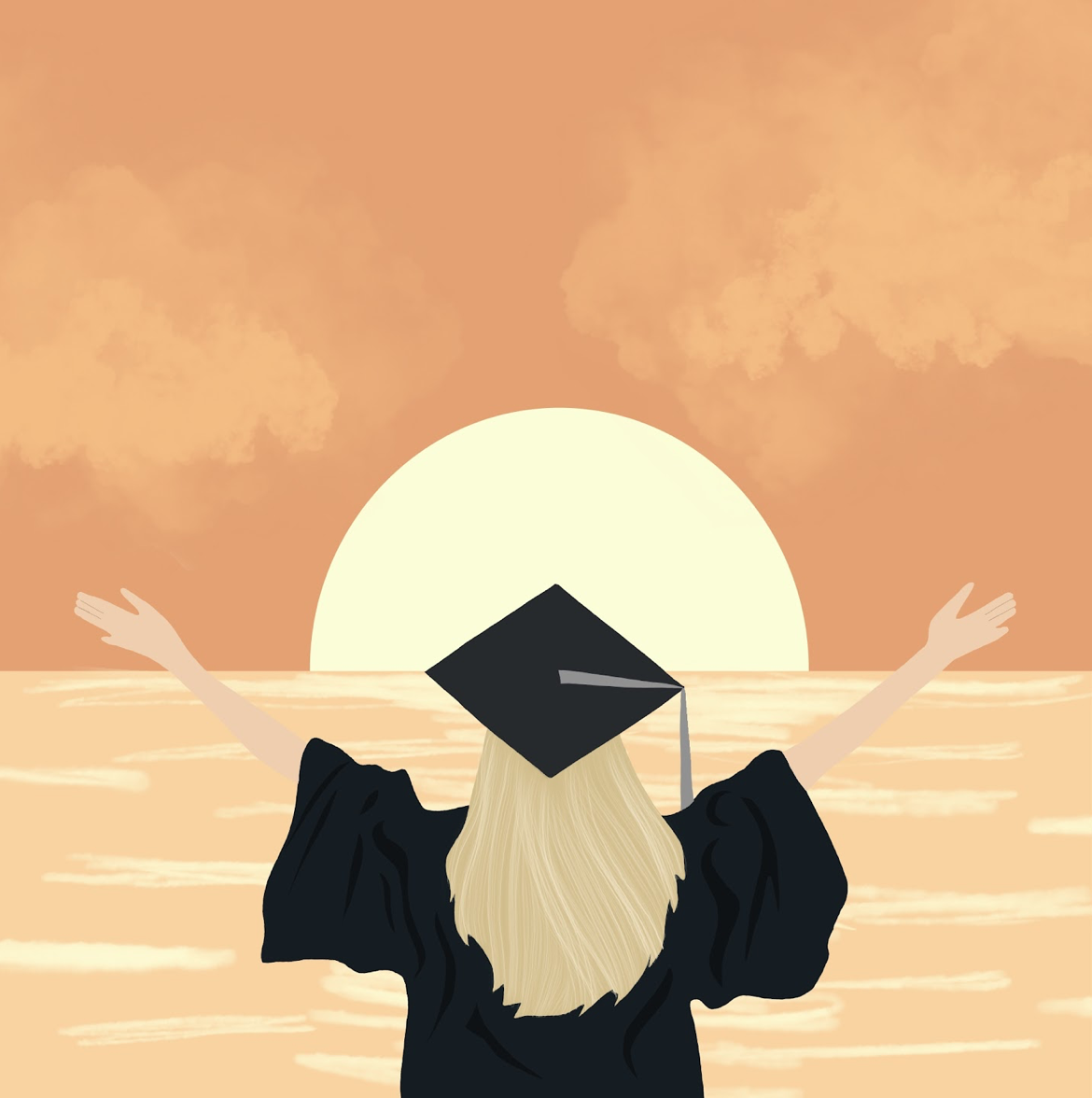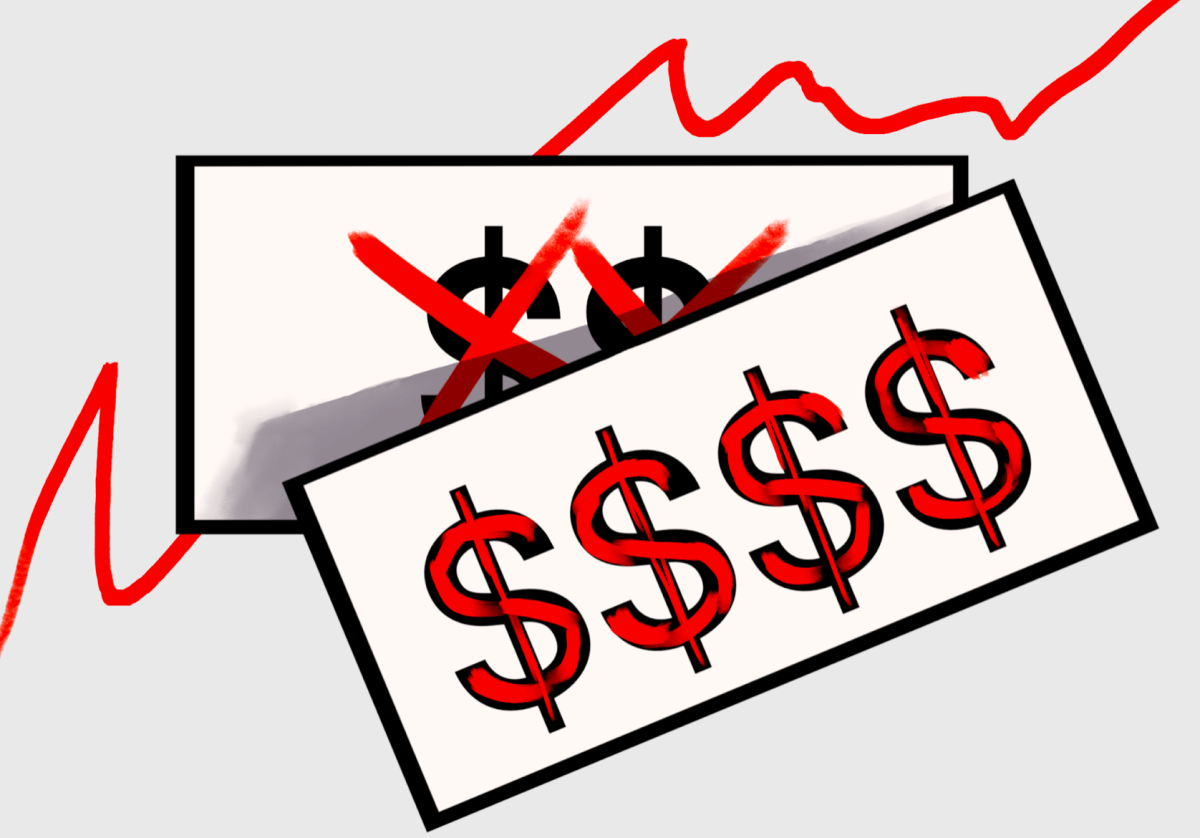State-mandated book banning in public schools has surged in recent years, resulting in the removal of well-known classic novels that address crucial themes from student curriculum.
According to The Guardian, historically red states have increased their censorship laws, restricting books allowed in an educational setting. Thus, more than 10,000 new titles have been banned between 2023 and 2024. Nationwide, the number of books banned in school libraries has nearly tripled since 2023.
In a report conducted by Pen America, the majority of books banned in schools featured primary or secondary protagonists from marginalized communities, with 41% of banned books including characters who are a part of the LGBTQ+ community and 40% of banned books including characters of color.
California Governor Gavin Newson signed Assembly Bill 1078 on Sept. 25, 2023, which prohibited any school district from censoring books depicting diverse and inclusive perspectives. While the bill does not bar school boards from banning books entirely, it does restrict schools from censoring books based on discriminatory or hateful views.
“I think book banning is a huge disservice to students,” said Maria Knierim, a Pali junior who is president of the school’s Ethnic Studies book Club. “The books that we read right now [already] aren’t a great representation of the diversity that we have in the country and in the world, and I think that we have a pretty closed selection of books that our teachers give us to read [even now].”
An overwhelming amount of books banned in the United States represent the diverse perspectives of minorities. Even in states where books are not censored, the majority of stories taught in classrooms feature white, male protagonists. As reported by Edutopia, the five most commonly taught books in an American high school classroom are “To Kill a Mockingbird” by Harper Lee, “1984” and “Animal Farm” by George Orwell, “Lord of the Flies” by William Golding and “The Catcher in the Rye” by J.D. Salinger. The authors of each of these books are all white and predominantly male.
Knierim explained how the lack of diversity in stories shared in classrooms can contribute to a prejudiced view of underrepresented groups.
“Literature is a super big part of how we understand different people and share different stories,” she said. “Censorship will definitely make student opinions more hateful.”
“I think it’s also going to make it a lot harder in adulthood for kids to be able to interact with different people in a respectful way,” Knierim added. “What we learn when we’re younger has a really profound impact on how we act and interact with other people when we’re older.”
Pali English teacher Stephen Berger explained how censoring books with topics about people of color and the LGBTQ+ community can have a detrimental effect on how those people are viewed in society.
“If you look at the books that are being challenged and banned around the country, they’re overwhelmingly written by and about people of color and LGBTQ+ people, right?” Berger said. “It’s very obvious what’s happening. It sends the message to people of color, people who are LGBTQ+, that there’s something wrong with them, that they don’t count and that their stories don’t matter. That is evil.”
Berger also shared how as an educator, he believes that book banning has serious effects on students’ educational development and understanding of the world.
“The depth of information that you get from reading a book, whether it’s fiction or nonfiction, is so different,” he added. “You can learn about a historical event and understand the reality, but it’s when you encounter it through the eyes of a person that you really [start to] understand it.”
When reading the book “Night” by Elie Wiesel, Berger expressed how his “students had heard of the Holocaust, but for a lot of them, until they read ‘Night,’ didn’t really understand what it was. It was just this abstract horrible thing that they knew was bad.”
The First Amendment of the United States Constitution guarantees freedom of speech to all Americans. Freedom of speech includes the right to read and publish books of diverse content.
“Anytime there’s censorship, that’s taking away freedom of expression and people’s rights,” Berger explained. “People have a right to disagree. They have a right to say, ‘I don’t like this book or I don’t want to read this.’ But that’s different than saying other people can’t read a book.”
Pali does not have any books that are banned from being taught or read on campus.
“I’m really grateful to teach at Pali, where we’ve been overwhelmingly supported by the administration and the community in general to teach challenging works,” he said. “Most of the books in the curriculum that I teach have been challenged in other schools. We’re a model for other schools and other communities, showing that these topics can be taught and are important.”







